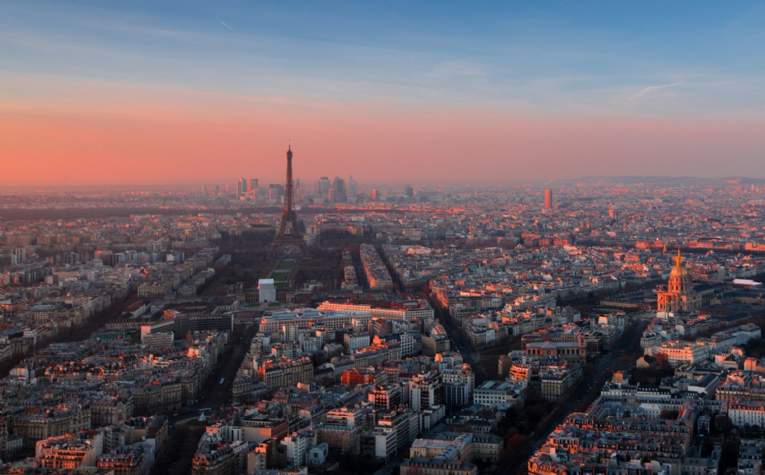The challenges facing the fashion market have been well documented over recent years, with weakening footfall, store closures and supply chain issues all impacting the sector. However, much of what we hear often focuses on women’s fashion and while women’s clothing still accounts for a large proportion of of the market, we have also seen significant shifts when it comes to menswear.
The loss of many department stores, coupled with the likes of M&S downsizing its menswear provision, has created a gap in the market, and there are opportunities for quality menswear brands that can provide a dynamic product offering.
The pandemic has changed the way we work and socialise and we’ve seen this translate into the clothes that men are now purchasing.
As the workplace evolves and dress codes are relaxed, we’re seeing greater demand for smart-casual clothing. Additionally, while formalwear has struggled over the last couple of years, pent up demand is starting to pull through, as weddings and other social events get back underway.
However, it is those retailers with pure formalwear offers that have faced the most significant challenges. Changing habits mean that while there is still a market for suits and ties, it may not be as big as it used to be. This was evident in 2020 when TM Lewin announced the closure of all its stores and Moss Bros entered into a CVA (company voluntary arrangement) following a drop in sales.
Instead, retailers that offer a wide ranging collection, along with additional services such as tailoring or an experiential element, are the ones seeing the strongest levels of performance.
We’re seeing a number of menswear retailers becoming more acquisitive in the market, with the likes of Tommy Hilfiger, Armani, Crew, Calvin Klein, Gant, Hackett and Flannels opening new stores in a variety of locations, from small fitted units to large prime sites.
In fact, last year Suit Direct (advised by Savills) was the single most acquisitive clothing retailer of any type in UK shopping centres, according to Trevor Woods research. The brand opened 13 new stores in 2021 in high profile retail destinations such as Bluewater in Kent, Lakeside in Essex and Meadowhall in Sheffield, and is ambitiously targeting as many as 50 sites in 2022.
We’ve also seen French Eye, an affordable luxury menswear retailer, acquire sites in Westfield London and Westfield Stratford, with plans for further stores in regional cities in the near future.
So, while the menswear sector continues to face a number of headwinds, there are positive stories to be found. Retailers that are capable of evolving their product ranges and catering to the changing priorities of their male customers will be in a strong position as we move into life post-pandemic.
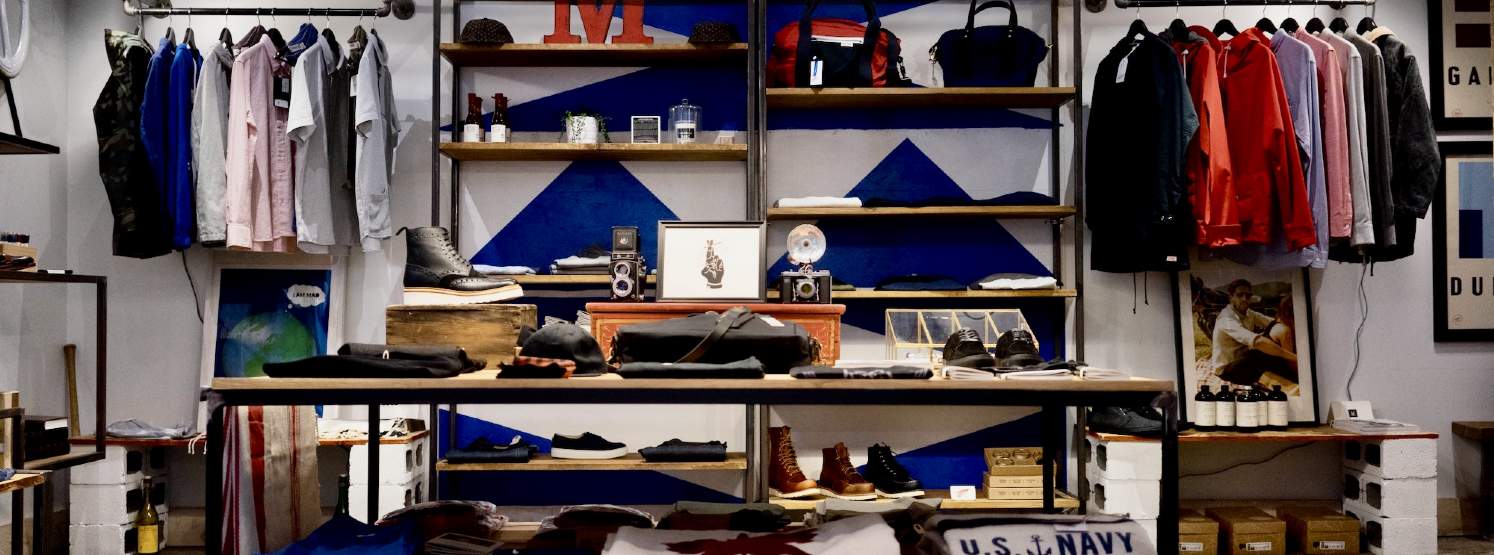
.jpg)


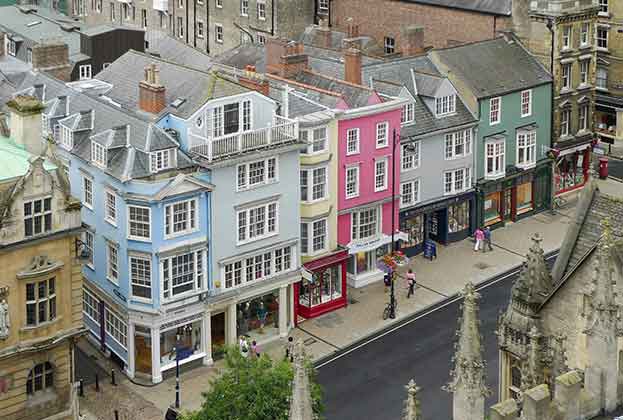
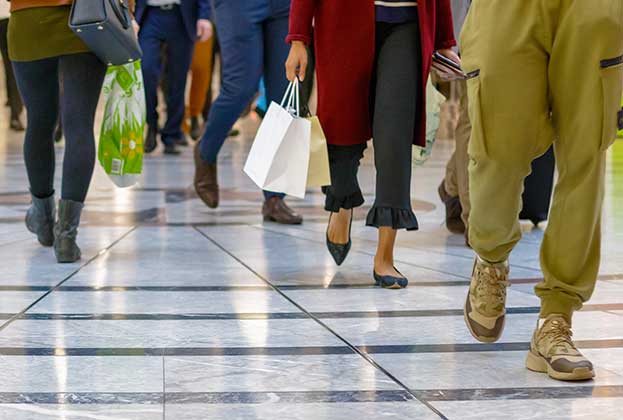
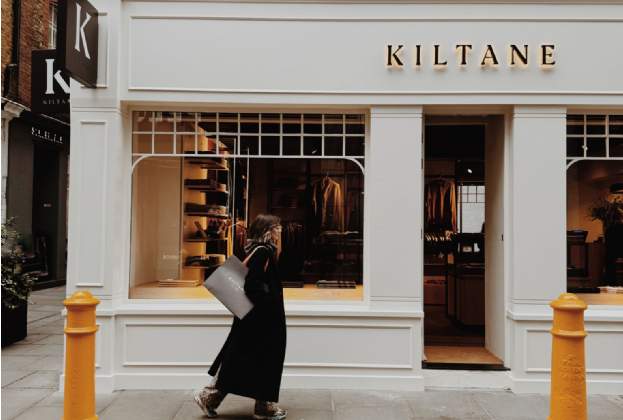


.jpg)
